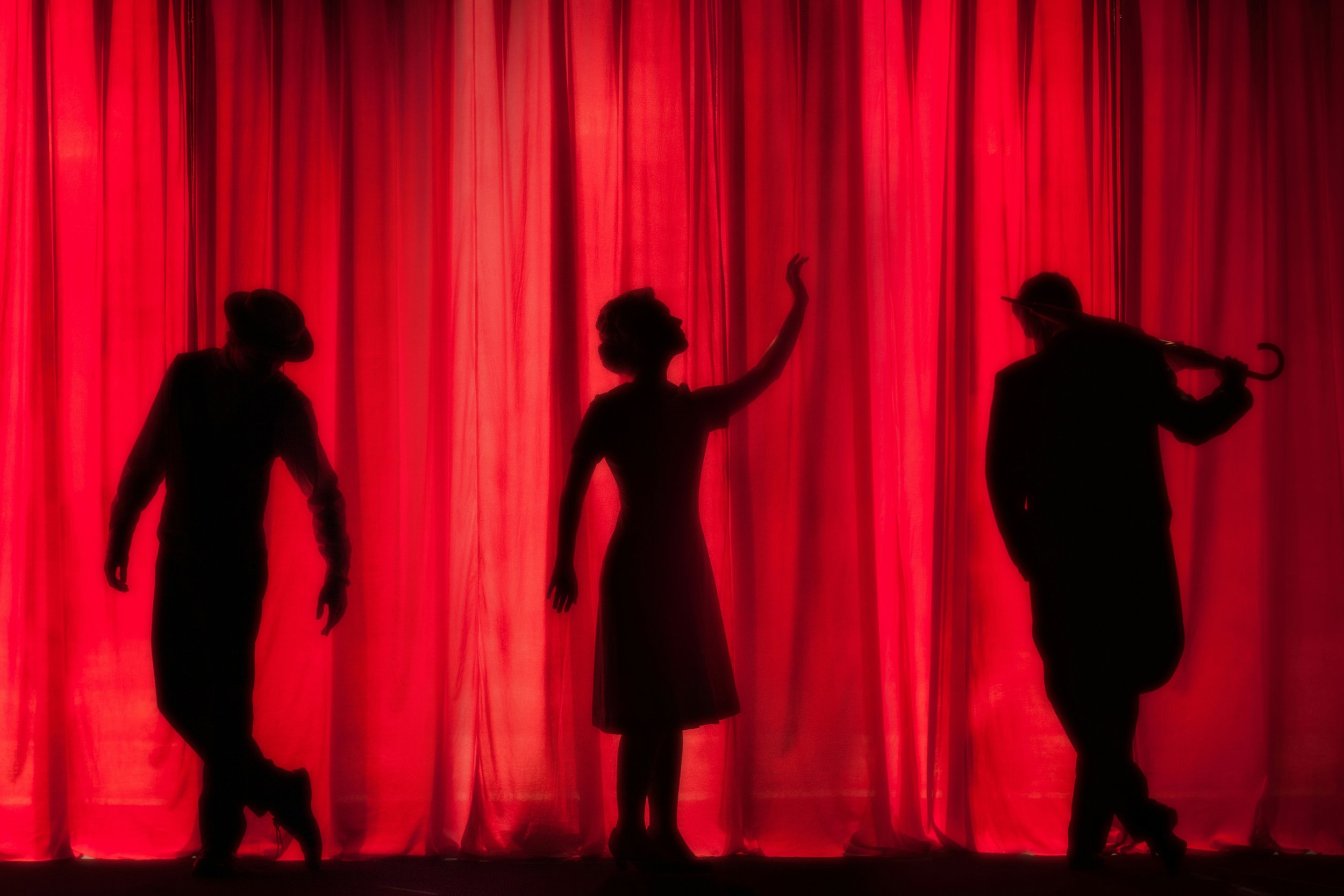
Thoughts
I write a lot. Essays. Articles. Blog posts. All of them sharing what I’m thinking about. Maybe you think about these things, too.

When the Beginning isn’t the Beginning
Even as we tend to identify with the detective in a mystery, there’s also a part of each of us that also understands the fear or need that drove the killer to act, to protect themselves in the only way they saw possible.

When Great Artists do Terrible Things
So at the end of all this I’m still left with a sense of ambiguity. Is there a way to hold both of these truths together? To say of someone that they are both great and awful? Or do we feel that listening to their words, now that we know the truth, becomes somehow tainted?

Is Technology a Writer’s Friend?
I really liked this book. It was fun to write. But it took me rather a long time to write it—this was quite a while before I became a fulltime writer. And something happened between my starting the novel and finishing it.

Write Like an Actor
How would an actor approach your protagonist? How would they take your description and the situation into which you’ve plunged the character, and make that character unforgettable?

Why Stories?
Yes, it’s true: I live in my head. Wherever my current story ideas take me. To Cuba or Nepal or California. With people who sing, or tend cows, or—sometimes—commit murder. And those places and those people are real. They may not even make it out of my head, but for the time they’re there? They are still very real.

What’s in a Name?
My characters come to life as I write, not before. They shift and morph and often change the entire narrative arc of my stories. They become who they are in chapter five, or eight, or ten. So the name I started with generally just doesn’t fit the character as they emerge, as they talk with other characters, as they make choices, as they tell me where the book needs to go.

Stuck? Try a Character Tarot Read!
Doing a Tarot read for one or more of your characters is a terrific way of seeing them in another light, giving you ideas for their personalities and histories, and providing a little more depth to the way you write them for your readers.

Can Fiction Make a Difference?
One of the joys of reading is the opportunity to live alongside someone else for a time. Hear their thoughts. Be affected by their questions. Wonder why they did one thing and not another. And it’s nearly impossible to do that while still hating them as part of a group.

Fiction in a Time of “Alternative Facts”
And I wonder, sometimes, if playing the fiction card relieves us—readers and writers alike—from the storyteller’s responsibility, the obligation to observe and reflect a culture, a society, a time.

Is It Real? Is It a Forgery? Does Anyone Even Know?
I’ve been immersed in the world of high-end art forgeries, and as usual am following every rabbit down every hole in sight. Some of the most high-profile art forgers went on to become celebrities in their own right, with plenty of contemporary collectors still willing to knowingly pay thousands for counterfeits.

How (and Why!) to Write a Multiple-Timeline Story
There are many ways in fiction to manipulate what the reader does—and doesn’t—know. Any time an additional timeline is added, the reader’s knowledge about the universe in the book expands.


Is Fiction a Lie?
The fact that these truths are wrapped up in a story is what gives them power. It contextualizes them and shows, sometimes dramatically, what they mean to us.

Finding Stories by Excavating the Past
There’s nothing more annoying than reading a novel and coming across a glaring mistake—it makes you lose trust in the writer. So it’s always been important for me to create fiction that nestles inside fact, so to speak.

Dealing with Muddle in the Middle of Your Fiction
To get from your beginning, rife with possibility and excitement, to your ending, a surprising yet inevitable conclusion that fulfills the hopes of your readers, you must traverse the dreaded muddle in the middle.


Opening Your Story
The first rule of opening a story is to start the way you mean to continue. Your first few sentences should capture the voice that you’ll be using to tell the rest of the story. They should also present a point of view, a hint of characterization, and the beginnings of your plot. The opening is what gives the reader direction and momentum.

Pre-Thinking Your Short Story
At the end of the day, remember it’s always about the reader.

Creating Believable Dialogue in Fiction
Just because in real life people must have a conversation with the grocery clerk about the price of melons doesn’t mean that particular interaction has to happen in the story.
